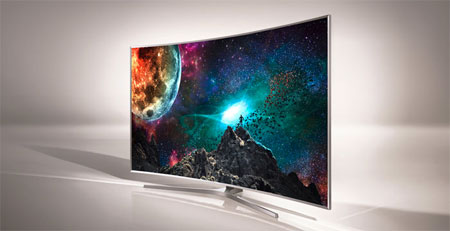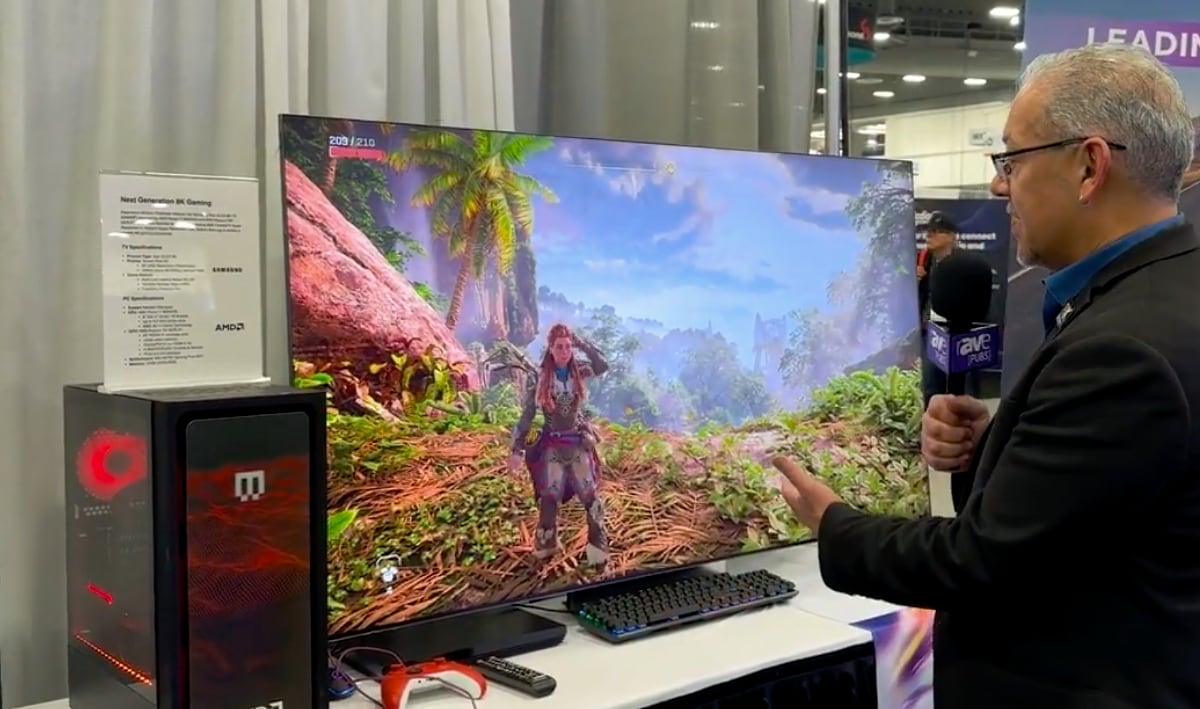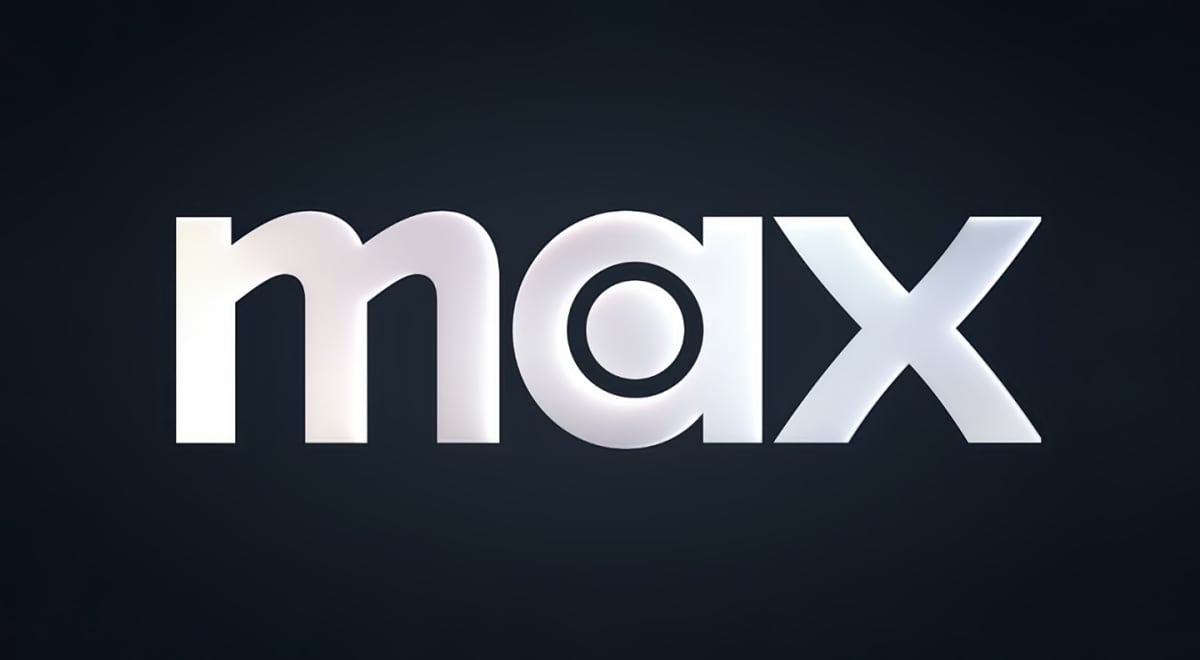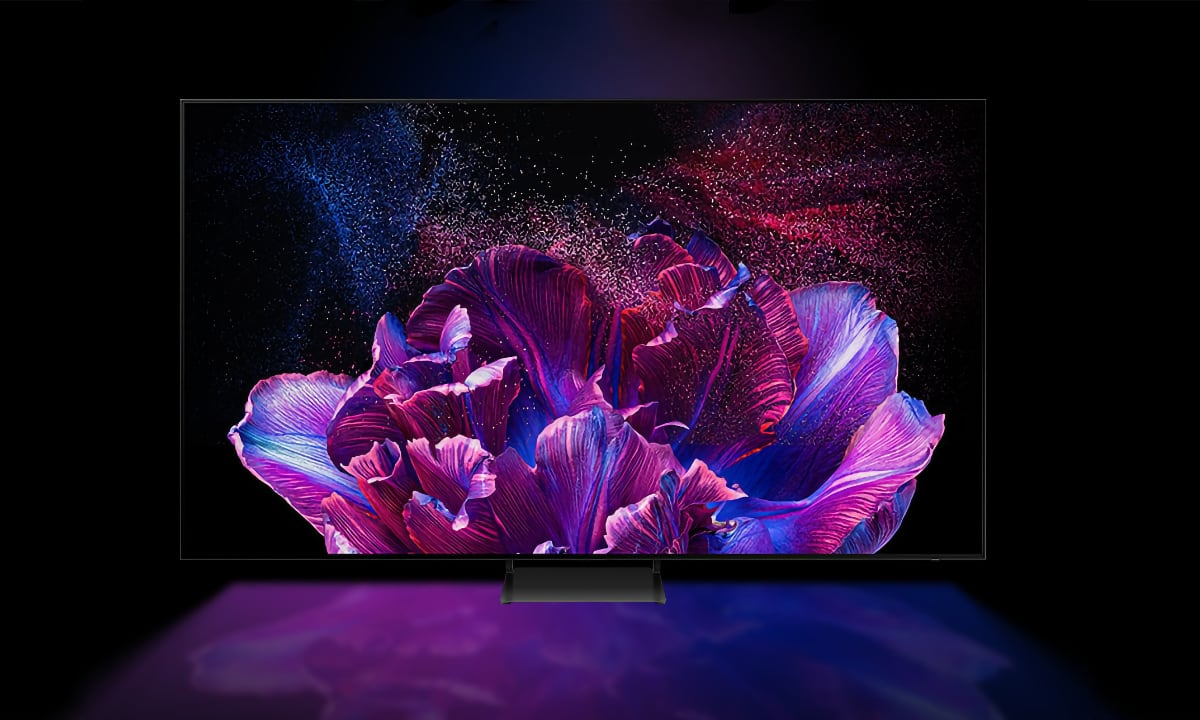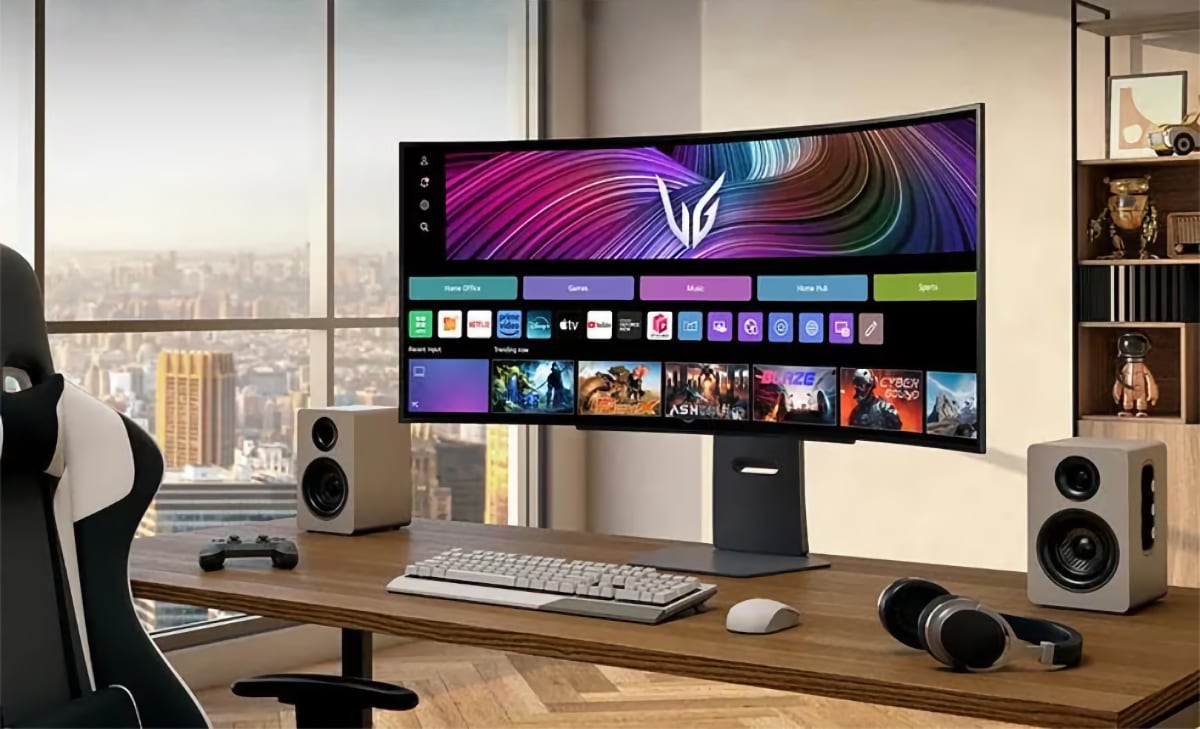Samsung has confirmed that it has acquired QD Vision, a company involved in quantum dot technology. Samsung is already using quantum dots in its high-end LCD TVs but has bigger ambitions, including so-called “QLED TVs”, reports Korea Times.
A path to QLED TVs
The deal has an estimated worth of $70 million. QD Vision (née Color IQ) is not a large company but it has helped Samsung implement quantum dot technology in its current LCD TVs. The US-based company was founded in 2004 by a group of MIT researchers.
The deal has been rumored for some time, as reported by OLED-Info.com. It has now been confirmed.
- "We decided to acquire (QD Vision)," Jung Chil-hee, president, Samsung Advanced Institute of Technology told Korea Times.
Samsung’s 2015 and 2016 high-end LCD TVs use a quantum dot film between the LEDs and LCD panel. This enables the TVs to widen the color space and increase brightness. Next year, Samsung will reportedly replace the passive color filters in front of the LCD pixels with quantum dots. And farther out in the future, reportedly in 2019, Samsung hopes to mass-produce “pure” quantum dot TVs, so-called QLED TVs.
Of course, owning QD Vision will also let Samsung cut off other companies from using the company’s quantum dot technology. QD Vision’s technology has in the past been used in TVs from TCL, Hisense, and Sony. QD Vision is not the only company involved in quantum dot research.
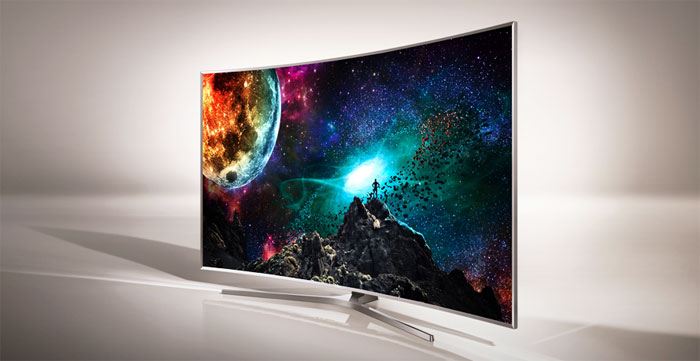
Quantum dots to challenge OLED
LG’s OLED TVs are currently leading the high-end TV market. Samsung tried to commercialize OLED TVs in 2012 and 2013 but failed to mass-produce the next-generation technology.
Instead, Samsung hopes to accelerate development of QLED, a new self-emissive display technology, to challenge OLED in the near future.
- "Expectations are that Samsung can expand its reach into the next-generation TV leadership by releasing its QLED TVs earlier than expected," said Hyundai Securities analyst Kim Dong-won to Korea Times.
Samsung has not yet exhibited a QLED TV prototype. The 2017 TV line-up will be announced at CES 2017 in Las Vegas in January.
- Source: The Korea Times

